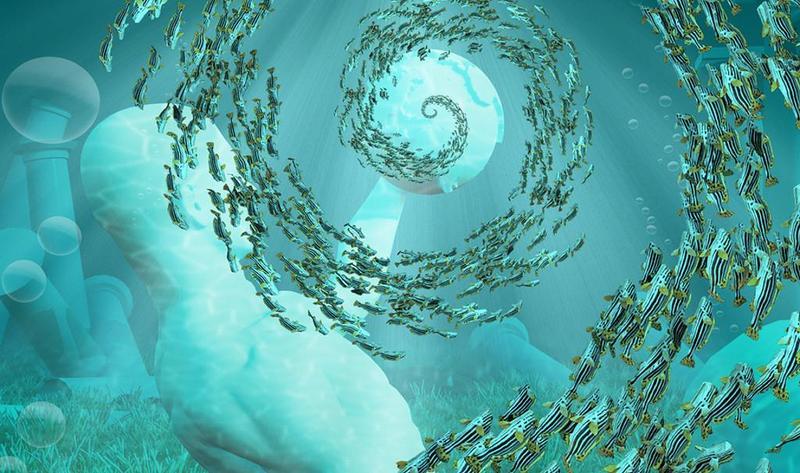Lost civilization of 'sea people' may have sparked world war over 3,000 years ago
Lost civilization of 'sea people' may have sparked world war over 3,000 years ago
The first world war may not have occurred in the 20th century after all. It may have happened about 3,200 years prior, an event that archaeologist Eberhard Zangger has dubbed “World War Zero,” reports New Scientist.
Even more intriguing, this mega-war might have been sparked by a lost or largely forgotten civilization that some ancient documents refer to as the “sea people.” If true, it could help explain why the major recognized civilizations of the eastern Mediterranean that co-existed around 1200 B.C. — the Egyptian New Kingdom, the Hittites of central Anatolia, and the Mycenaeans of mainland Greece — all rapidly declined around the same time.
The theory could also help explain the events leading up to one of the most famous battles from antiquity, immortalized by Homer: the Trojan War. Zangger believes the attack on Troy may have been one of the final acts in the conflict, the catalyst that finally ended the brief dominance of the so-called sea people.
It’s a bold theory, but it’s a theory that’s garnering a renewed examination.
But who could these mysterious sea people have been? Zangger suggests that they were likely a coalition of petty kingdoms in western Anatolia that were united under a common tongue called Luwian, a known but little-studied language from the region. Western Anatolia was also rich in mineral and metal ore deposits, and that could have been the basis for the Luwian economy.
Studies of satellite imagery seem to suggest the territory was also densely populated during the late Bronze Age, and that as many as 340 large city-like sites may have dotted the region, only a small fraction of which have been investigated by archaeologists.
“Some of these sites are so large you can see them from space,” said Zangger. “There’s so much waiting to be found, it’s really just mind-boggling.”
World War Zero, if it did occur, likely began with a well-timed attack by the Luwians on the Hittites, collapsing the Hittite Empire. The Luwians likely then began a series of invasions by sea upon the Egyptians, destabilizing that civilization. These campaigns may have stretched the Luwians too far, however, leaving them vulnerable to the Mycenaeans from Greece, who may have waged war in self-defense, anticipating that the Luwians would have come for them next.
But as Homer documents in “The Odyssey,” the aftermath of the Trojan War brought instability of its own to Greece, ultimately leading to their decline as well.
Zangger makes a compelling case, but many archaeologists remain critical, particularly regarding Zangger’s terminology, which some have dubbed “big bombastic storytelling.”
“He’s bringing in this idea of ancient international warfare,” said Michael Galaty at Mississippi State University. “Most archaeologists would balk at using such terminology.”
Much of the proof that Zangger will need to win over his skeptics remains buried, awaiting archaeological discovery in the long-neglected region of western Anatolia. But that’s also part of the rub: His World War Zero theory and the “bombastic storytelling” that goes with it is already sparking a renewed interest in excavating the region. Right or wrong, Zangger is proving to be the catalyst that could finally get archaeologists to pay closer attention to western Anatolia.
View an in-depth video of Zangger’s theory in this video:
by Mother Nature Network
Be the first to post a message!
